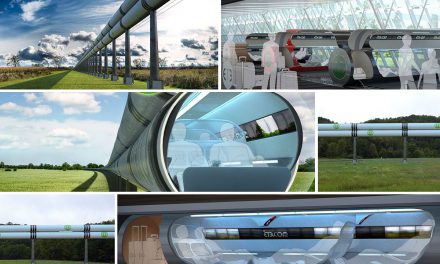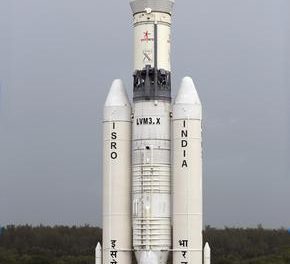Pollution kills more than terrorism. It may sound bit harsh and comparison might not appropriate but truth is that Millions around the world every year dies due to pollution.
India is one of the most badly effected country by the pollution and one of the largest carbon emitter , 4 th in the last just after China, USA, Russia. India is leaving no stone upturned to remove that tag. As if it started a war on pollution and uses of fossil fuel.
India has already building new nuclear power plants, solar parks, has increased productivity of locally manufactured solar panels, has completely shut down coal generate power stations, building dams to generate electricity, importing less fossil fuels. India’s dream of becoming a completely clean energy user is right on track.
All seems well But there are problems like cars. With ever growing population , car sells are skyrocketing and almost all of them runs on fossil fuel. According to a Greenpeace investigation more than 2 million people dies due to pollution in India every year.
Pollution was so severe that Delhi which is the capital of India and also the most polluted city in India had to start rationing on cars, famously known as ODD-EVEN policy by Delhi state government.
But now Indian government has decided to stop selling petrol or diesel cars by 2030. “We are going to introduce electric vehicles in a very big way,” said coal and mines minister Piyush Goyal at a conference in New Delhi.
India had already unveiled ‘National Electric Mobility Mission Plan (NEMMP) 2020’ in 2013 to address the issues of National energy security, vehicular pollution and growth of domestic manufacturing capabilities.

Ashok leyland has launched electric bus in bengaluru in 2014, the IT capital of India. Bangalore based Lithium Technologies launched a fully electric taxi service for corporates in 2015. many others are already developing their own models as well as foreign companies who are also planning to set up plants.
Charging infrastructure for electric vehicles in India has not been fully developed yet. There have been initiatives to set up community charging stations, as in the case of Plugin India facilitated charging stations. News reports have indicated about plans to provide solar-powered charging points at the existing fuel stations of the country.
Now with vision 2030 all we can assume that Indian government has shifted gear and in no mood to back down from fighting pollution.
Photo: RedSkyFlyer & Ramesh NG





